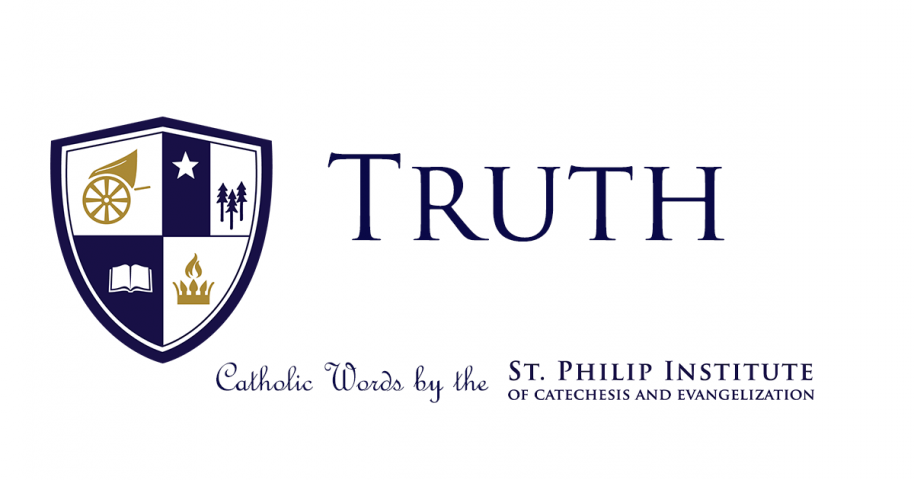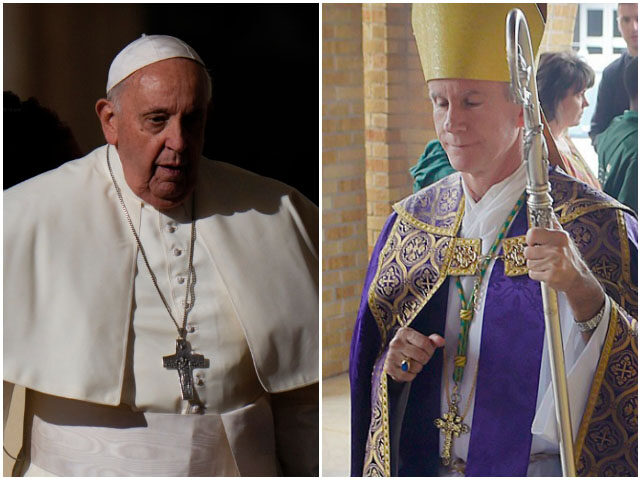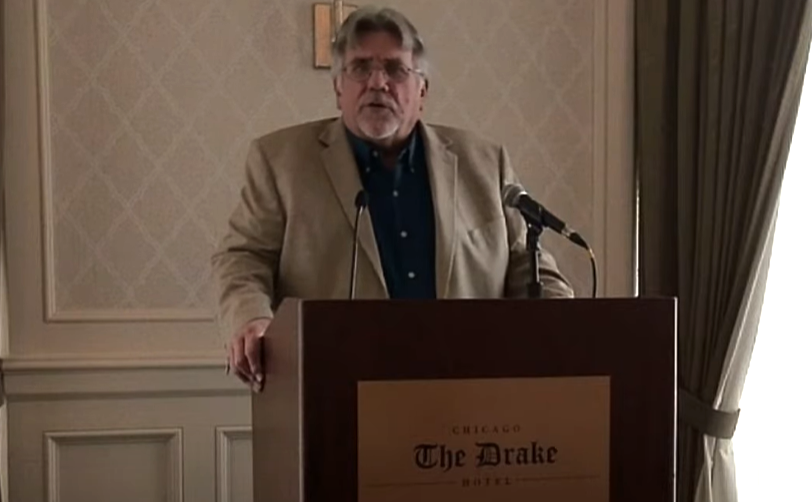Abp. Gregory’s Pro-LGBT Efforts Honored in Diocesan Newspaper, by Bruce Walker
June 5, 2019VIDEO: Vatican’s Former Doctrine Chief: Contraception is ‘Intrinsically Bad,’ Church Can Never Allow It, by John-Henry Westen
June 5, 2019
By Stacy Trasancos, St. Philip Institute of Catechesis and Evangelization
This is one of those words we use a lot without much thought to its meaning, such as when we say, “Tell me the truth!” or “The truth is, I don’t really like broccoli casserole.” Invoking “the truth” is meant as a powerful insistence on honesty and reality. But how do we know what is true? Who gets to say what is true?
St. Thomas Aquinas said that truth resides in our intellect. That means we grasp truth in two ways.
1) We can know something is true because we observe it with our senses (usually sight) and grasp it with our minds. If you see a rock, then you know it is true that a rock is there because you see it with your own eyes. Knowledge refers to that which is familiar to us.
2) We can believe something is true on the testimony of someone else. This way to truth is very misunderstood in our time. Belief requires faith, the “assurance of things hoped for, the conviction of things not seen” (Hebrews 11:1). Belief, however, has a higher degree of certitude than knowledge. To believe something means to assent to the truth absolutely, for one does not really believe something if today he believes it but tomorrow he won’t. A first-grader, on the other hand, will know more about the world than an infant. To “believe in” someone means to accept all that person says as true.
So, truth comes to us by knowledge or belief. Christ defines “truth” this way in the Gospel of John right before Pontius Pilate asks him, “What is truth?” (John 18:36-38) When Jesus was with Pilate at his headquarters, Pilate asked Christ if he is a king. Christ answered, “You say that I am a king. For this I was born, and for this I came into the world, to testify to the truth. Everyone who belongs to the truth listens to my voice.” Christ was asking Pontius to believe.
Earlier Jesus told Thomas the Apostle (as in Doubting Thomas) when he wanted to know where Jesus is going and how to find the way: “I am the way, and the truth, and the life. No one comes to the Father except through me. If you know me, you will know my Father also. From now on you do know him and have seen him.” (John 14:5-7) Both—by seeing and by testimony—we are given the truth in the Bible. Christ came to testify to the truth. Christ is the truth. Truth, therefore, ultimately is God.
We are made to search for truth. We are made to search for God. St. Thomas Aquinas (ST.I.16.1) says, “As the good denotes that towards which the appetite tends, so the true denotes that towards which the intellect tends.” Knowledge and belief are gained by forming our intellect to what is true. Virtue is practiced by conforming our will to what is “good,” but that is another word to study later. We are body and rational soul made in the image and likeness of God, so we are made to think and be responsible for our choices.
Frank Sheed, the great Catholic street-apologist, said in the beginning of his book Theology and Sanity (p. 25) that we must see God in all things.
Seeing God everywhere and all things upheld by Him is not a matter of sanctity, but of plain sanity, because God is everywhere and all things are upheld by Him. What we do about it may be sanctity; but merely seeing it is sanity. To overlook God’s presence is not simply to be irreligious; it is a kind of insanity, like overlooking anything else that is actually there.
This sane view is the Catholic view. We see everything—our spouses, our children, our families, our friends, our priests, our co-workers, even our enemies, our surroundings—as God’s creation upheld by him in existence every moment. In our lives, to seek the truth we seek to conform our minds to God so we can also form our wills to the will of God in our moral choices. Forming ourselves as Catholics means that we seek truth in every situation.
For example, spouses may disagree about spending money on a vacation. The man may view the issue through a lens of financial responsibility. The woman may view it as necessary for strengthening the marital bond. Both could be right. However, the truth is bigger than either person’s perspective. If both spouses are seeking to do God’s will in all things, then the truth may very well be that they need to forge a deeper relationship through communication so together they find the right decision for their marriage, the actual vacation itself being secondary to marital unity.
To search for truth, we must seek God in all things no matter how small. What that looks like in real life can, of course, get complicated, which is why we need to always remember that communion with God for all eternity in Heaven is our ultimate goal. To constantly remember to channel every decision Heavenward, pray this short prayer when you need the light of the Holy Spirit to discern what is true in any circumstance.
God, grant me the grace to know and do your will so that I may grasp the truth.







